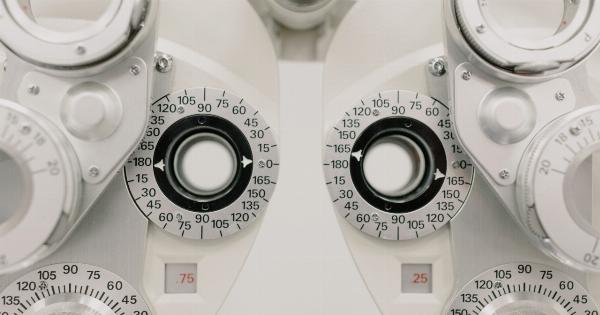In the realm of healthcare, there is a tendency to make assumptions about the behavior and outcomes of patients based on their gender. However, such assumptions may not always hold true.
The question of whether men or women make better patients is not a simple one to answer, as it depends on various factors that influence patient behavior and healthcare outcomes. In this article, we will explore these factors and debunk the stereotypes surrounding gender and patient care.
Understanding Patient Behavior
Patient behavior can greatly impact healthcare outcomes. It’s important to note that patient behavior is influenced by individual factors rather than solely by gender.
While it is widely believed that women tend to be more proactive in seeking medical care and adhering to treatment plans, this is not universal. Men, too, can exhibit responsible health-seeking behaviors and adherence to treatment.
The Role of Societal Expectations
Societal expectations play a significant role in shaping patient behavior. Historically, men have been socialized to be stoic and to downplay their pain or health concerns.
This might lead to delayed medical intervention and consequently poorer health outcomes. On the other hand, women have historically been encouraged to be proactive in managing their health, leading to earlier interventions and better outcomes in some cases.
Psychological Factors
Psychological factors can also influence patient behavior. Men, for example, may be more likely to avoid seeking medical help due to fears of the unknown, embarrassment, or an aversion to vulnerability.
Women, on the other hand, may feel more comfortable expressing their concerns and seeking support from healthcare professionals. However, it is important to remember that these tendencies are not exclusive to one gender and can vary greatly between individuals.
Biological Differences and Healthcare Outcomes
While biological differences between genders exist, they do not necessarily translate into superior or inferior patient outcomes.
For instance, men may have a higher risk of developing heart disease, but advanced medical interventions have greatly improved outcomes for both men and women. It is essential to focus on personalized care rather than assuming one gender is inherently better or worse as patients.
Breaking Stereotypes: Men as Compassionate Patients
Contrary to popular belief, men can exhibit compassion and vulnerability as patients. The stereotypical image of men displaying indifference or lack of empathy is not an accurate portrayal for many individuals.
Men are fully capable of seeking emotional support and actively engaging in their healthcare journeys.
Challenging Assumptions: Women and Treatment Adherence
Assuming that women are more adherent to treatment plans can overlook the experiences of those who struggle with adherence.
Factors such as access to healthcare, socioeconomic status, and personal circumstances play a significant role in treatment adherence, regardless of gender. It is essential not to generalize or stigmatize either gender based on assumptions.
Effective Communication in Healthcare
Effective communication between healthcare professionals and patients is crucial regardless of gender. Empathy, understanding, and active listening are important aspects of patient-centered healthcare.
It is essential for healthcare providers to recognize and address the unique needs and perspectives of each individual patient rather than relying on assumptions based on gender.
Creating Inclusive Healthcare Environments
To ensure the best healthcare outcomes for all patients, it is vital to create inclusive healthcare environments that celebrate diversity and appreciate the uniqueness of each individual.
This involves avoiding gender-based assumptions and stereotypes and providing personalized care that respects the autonomy and preferences of patients.
Conclusion
In conclusion, assuming that one gender makes better patients than the other is a flawed approach. Patient behavior and healthcare outcomes depend on various individual factors, including but not limited to gender.
Stereotypes and assumptions can hinder the delivery of effective and unbiased healthcare. By understanding the influences on patient behavior and embracing personalized care, healthcare professionals can provide optimal care for all patients, regardless of their gender.































